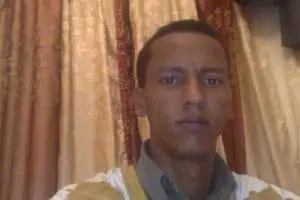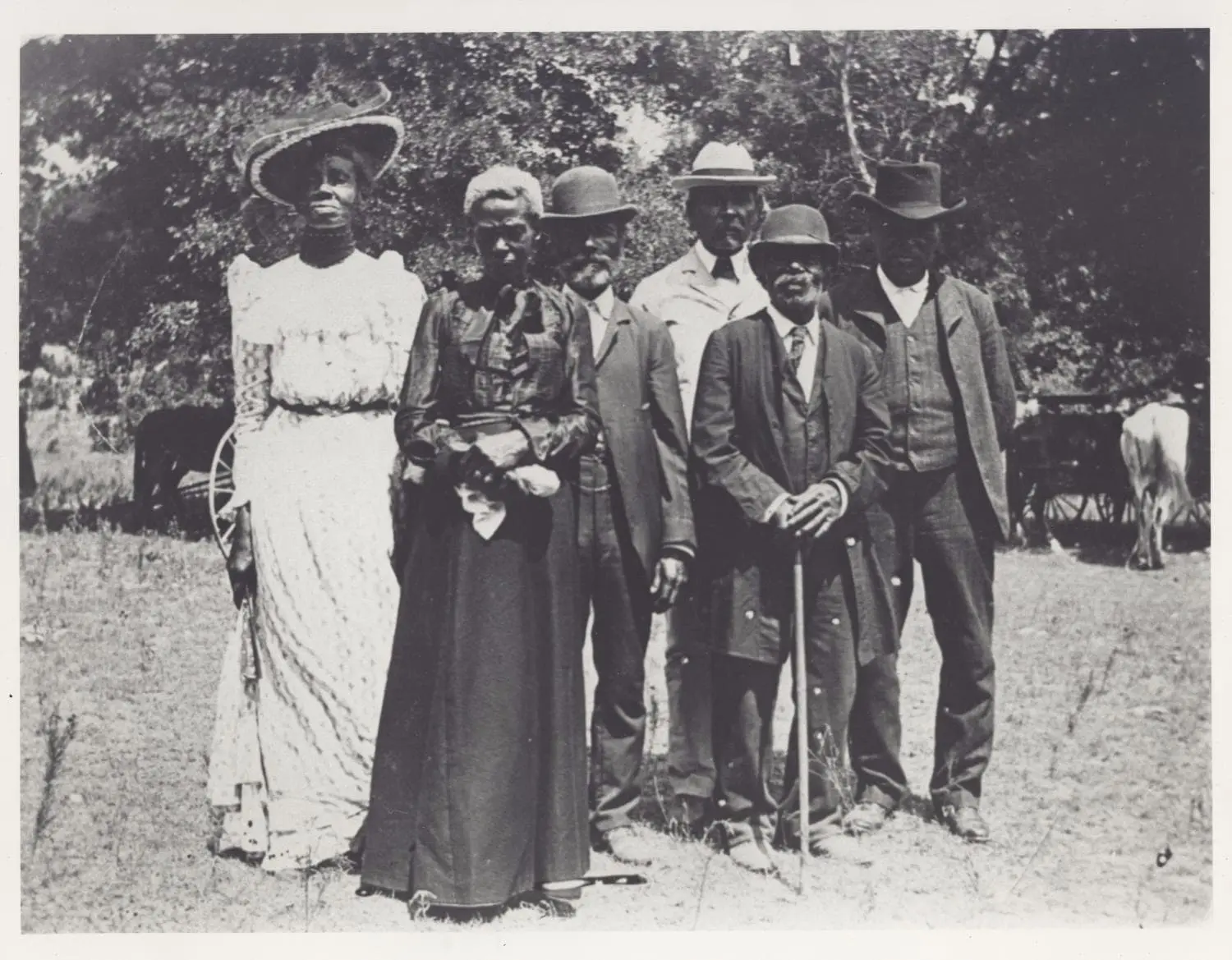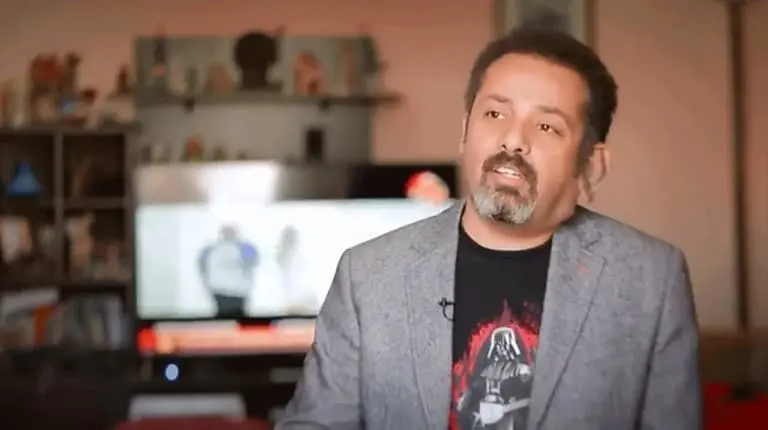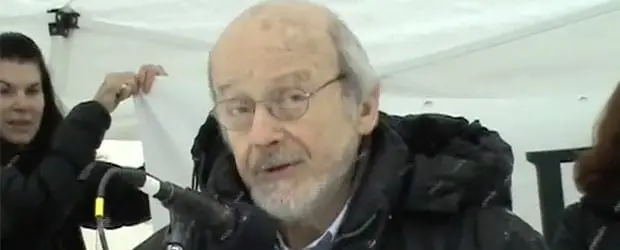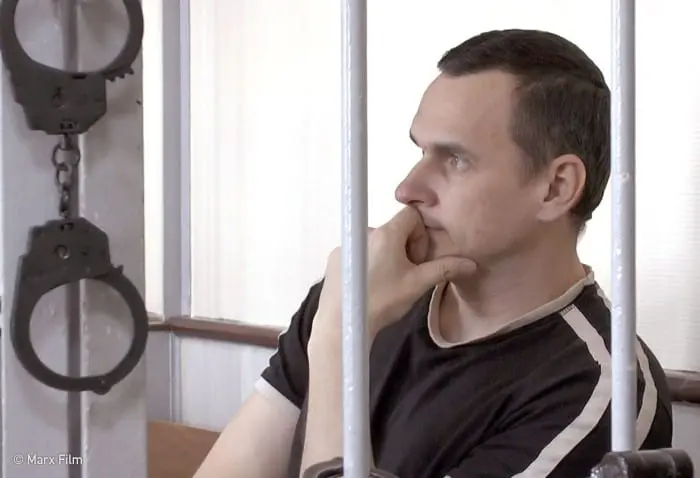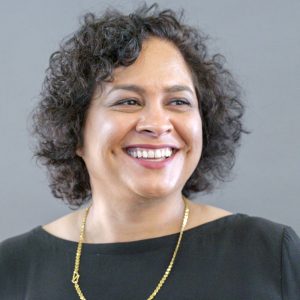 It’s almost the close of our 2018 Emerging Voices calendar, and Fellows Jubi Arriola-Headley, Ron L. Dowell, Natalie Mislang Mann, Angela M. Sanchez, and Francisco Uribe have words to share. A weekly series through the end of July, PEN America’s blog will feature essays on these writers’ lives and how Emerging Voices helped them claim “writer” as identity.
It’s almost the close of our 2018 Emerging Voices calendar, and Fellows Jubi Arriola-Headley, Ron L. Dowell, Natalie Mislang Mann, Angela M. Sanchez, and Francisco Uribe have words to share. A weekly series through the end of July, PEN America’s blog will feature essays on these writers’ lives and how Emerging Voices helped them claim “writer” as identity.
Are you a writer? Apply to be a 2019 Emerging Voices Fellow through August 1. Want more of the 2018 Fellows? Join us for the Final Reading on August 3 at the Moss Theater in Los Angeles or via Facebook Live.
Speaking Silence
As a Mexican-Filipino-East Indian teen, I felt most comfortable in silence—scribbling words into notebooks, hoping my classmates couldn’t see me. In the ninth grade, my cousins and widowed aunt came from India to live with us. I buried myself further in reticence as our tract San Fernando Valley home evolved into a revolving door for Punjabi speaking Sikhs. When it was time to apply to colleges, my parents couldn’t afford to send my cousins and I away. So, I ended up at a local university where my department chair told me, “You are a writer. You need to write.”
I thought she meant to apply to graduate school, to write papers, and then to teach.
Throughout grad school, I sat in seminars with sweaty hands and a palpitating heart. The curse of silence followed me. In American Autobiography, I connected to silence voiced on the page. Rereading Maxine Hong Kingston for the third time, I identified with the narrator who walked between memories, between cultures, between hyphens. The narrator’s mother slices her frenum so she could speak any language with ease.
My tongue stuck, but something shifted in my mind. Reading Kingston, I realized I carried a story to tell. That perhaps I could write a story—even if I couldn’t talk it.
After finishing—but feeling like I failed at—grad school, I started looking for writing classes and programs. One night, while browsing on the web, I came across the Emerging Voices Fellowship and pushed it in the back of my mind. It took me four more years to enroll in my first writing classes through UCLA Extension. I ended up in a class where the instructor had us read at The Last Bookstore. I could feel my legs shaking underneath. I sped through the words. I must not have done a terrible job, because Amanda Fletcher handed me a card that said: “You are a writer. Apply.”
Two times I was told “you are a writer” with an imperative attached.
So, I did.
I applied.
As a PEN America Emerging Voices Fellow, I realize “voice” is key. It’s not just the voice of the writer clacking onto a computer screen or capturing fleeting thoughts in a journal with frenzy. It’s realizing that, yes, speaking words does matter. When words emerge from print to sound, they begin to breathe another life. Dave Thomas, our voice coach, taught me that. As a memoirist, I felt vulnerable reading my sensitive piece, but with his feedback I realized that what I wrote had weight. I could help someone understand their place in the world the way Maxine Hong Kingston had done for me.
The night of the Hotel Café reading, I didn’t shake. I took a breath, and channeled words in a way I had never done before. They carried through my body. Through my voice. They made someone cry. My words mattered.


